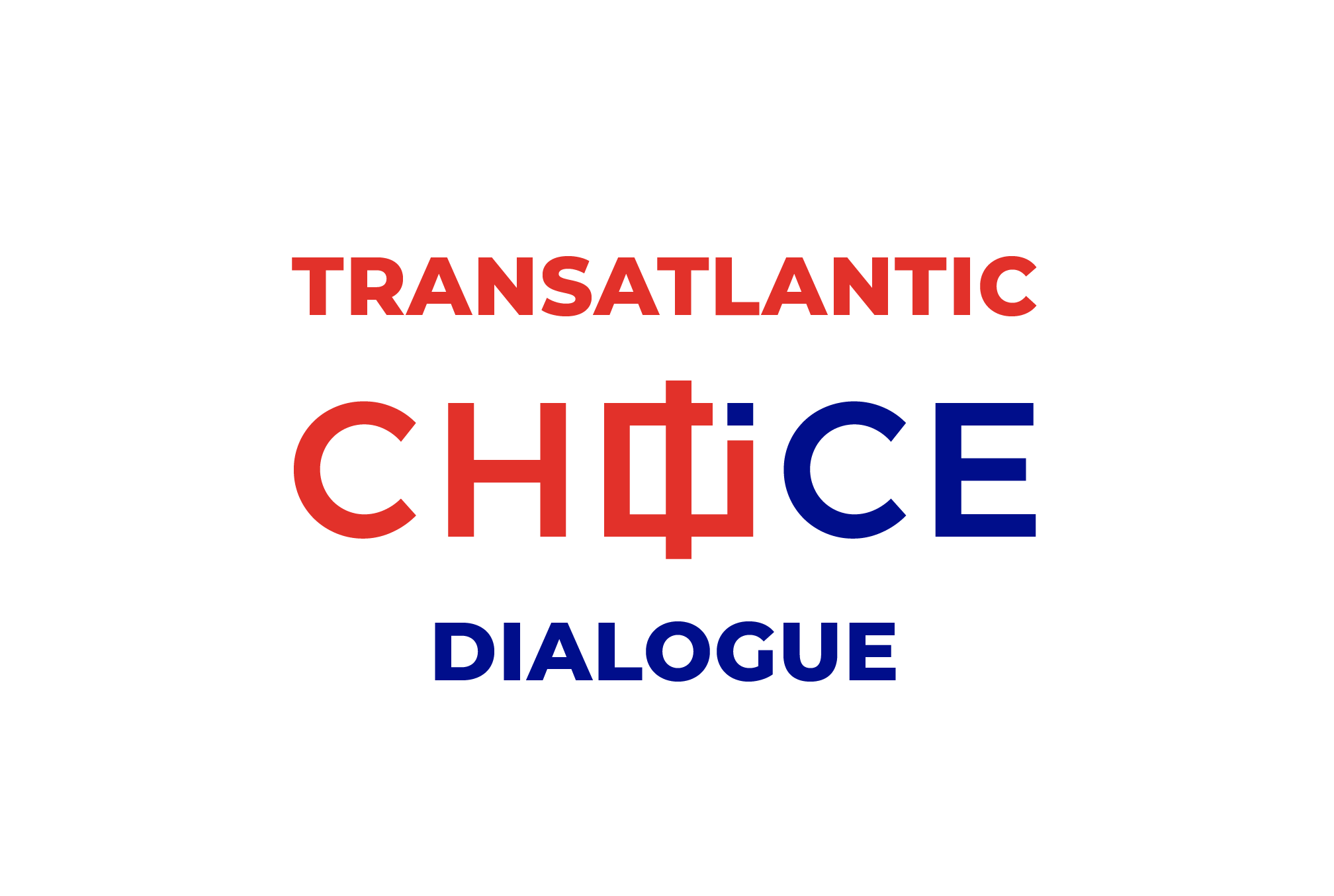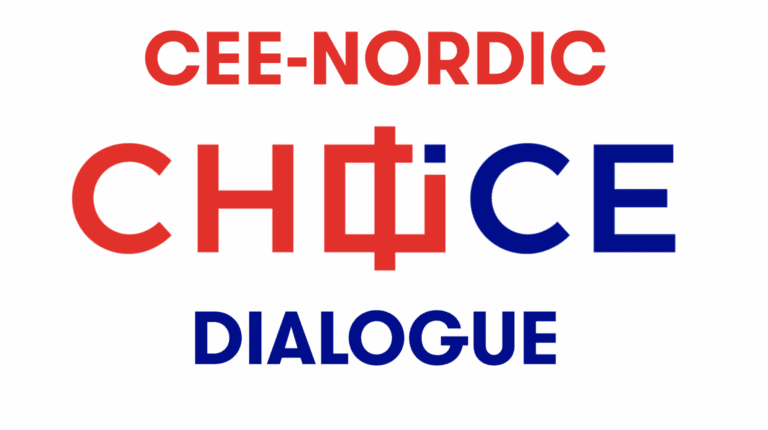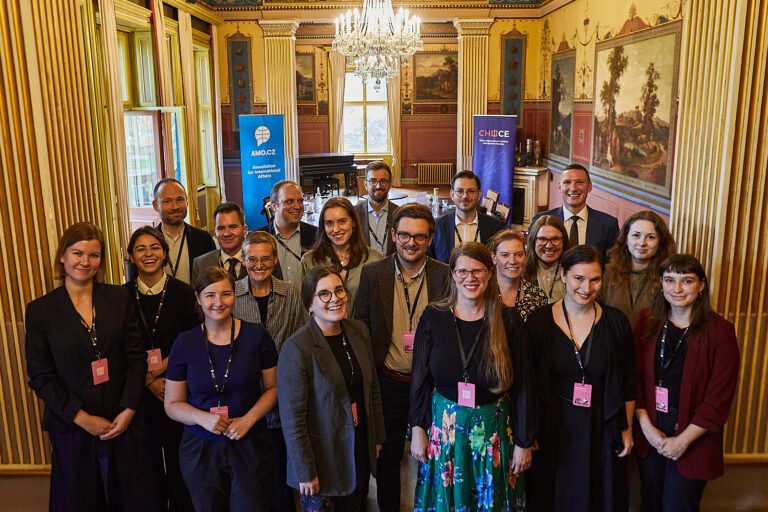Connecting CEE and US China-Watchers on Climate Issues

The qualms about China’s impact on the local environments of CEE nations, particularly those along its flagship Belt and Road Initiative, is not confined merely to the CEE region itself. As climate issues are inherently global, these concerns once hemmed into local debates are now garnering global attention
Following on from the transatlantic dialogue of 2020, the Center for American Progress (CAP) and CHOICE connected experts in the US with their CEE counterparts in September to promote common attention and understanding to under-addressed climate issues in CEE and, more specifically, Western Balkan contexts.
Research Roundup
Kicking off the discussion on the climate issues confronting the region, CHOICE’s latest paper from Mirela Petkova entitled, “The Environmental Impact of Chinese Projects in the Western Balkans”, provided ample food for thought.
The paper outlines China’s attempts to put a “green” label on its economic engagement under the auspices of the BRI, examines the role of the nongovernmental organizations in uncovering the misconduct of Chinese companies, and scrutinizes lax enforcement of regulations by local institutions and governments, as well as local activists’ crucial importance in advocating for positive change.
Chinese activities have had clear impacts on health, society and political life in the Western Balkans, but they also promote key industries and economic growth that local governments crave. However, the issues of air pollution, water pollution, and environmental degradation will have lasting effects even if economic benefits subside.
Of course, the added impact of undue carbon emissions and pollution are not only felt in the Western Balkans either. The consequences are global. Further, as impact assessments remain sealed from the public eye, the extent of the damage remains unknown.
Moving away from environmental issues, the paper also garnered discussion about the larger geopolitical interests of China in the Balkans as well as its lending practices which have recently been brought under focus in the case of Montenegro. In terms of strategic considerations, both sides acknowledged geography is a key factor. While the Chinese-owned Piraeus is a key strategic port in Greece already, the broader region presents potentially even greater opportunity. Additionally, its location on the periphery of the EU is a crucial consideration, especially as many nations count themselves as EU candidates.
The participants turned their collective attention to the ways in which the EU and US can both step up to aid the Western Balkans and ward off malign influence.
While a great deal of the existing legislation is coherent with the EU standards, the pre-accession status of most Western Balkan nations allows them to make exceptions and exploit loopholes. This in turn enables Chinese companies to thrive in a legally-flexibile environment.
The participants lamented the EU’s relatively lacking attention to these issues. From the perspective of many participants, the EU in the region is reactive rather than proactive. This was seen as an issue stemming from the general lack of a coherent EU China policy internally, which makes it difficult to expect convergence on China policy with non-members.
The potential role of US potential to aid the situation, at the very least in the arena of public diplomacy, was highlighted. In terms of spreading awareness, educating the population, supporting the public society, and NGOs, the US could indeed reinforce positive dynamics. Further, backing accession talks and enlargement of the EU is likely to bring forth stronger allies and, in turn, tighter transatlantic ties.
As neither local governments nor Chinese contractors are likely eager to expose additional details, in-depth dialogues between EU and US counterparts are of paramount importance. As such, colleagues on both sides of the Atlantic expressed their eagerness to continue the discussion and remain attentive to the issues in the Western Balkans.
Written by
CHOICE
CHOICE is a multinational consortium of experts providing informed analysis on the rising influence of the People’s Republic of China within the countries of Central and Eastern Europe (CEE).


